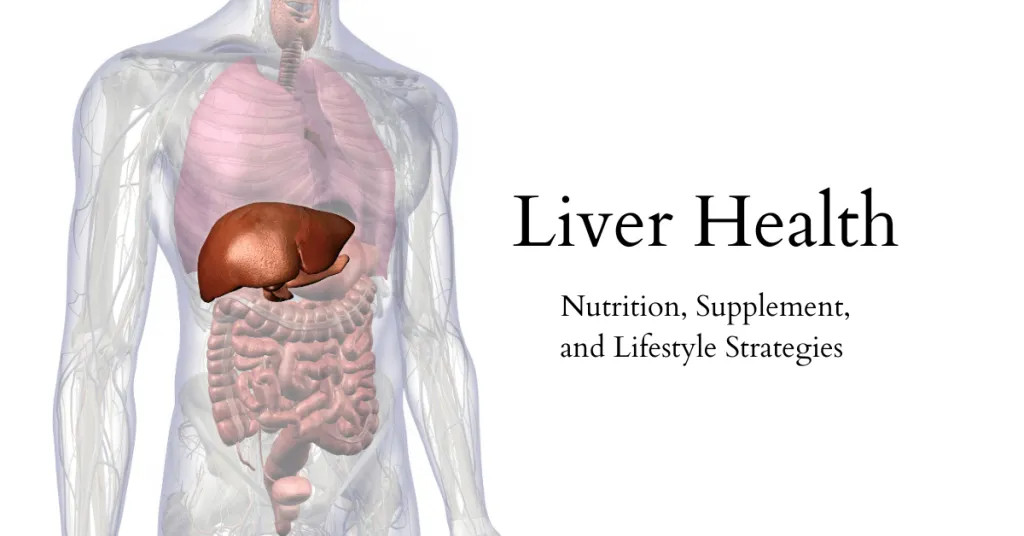Benefits and Uses in Prediabetes, Type 2 Diabetes, and Insulin Resistance ConditionS

Why You Should care:
38 million people have diabetes. That’s 1 out of 10 people. Half of those people don’t know it.
98 million people have prediabetes. That’s 1 of our 3 people! 80% of those people don’t know it.
These conditions are costing us $413 billion dollars in medical costs and lost work and wages.
These people are 60% more likely to die early.
Losing weight is nearly impossible with these conditions.
Risks of blindness, kidney failure, heart disease, hypertension, stroke, and amputations are also dramatically higher if you have diabetes.
Two methods have been proven to reducing these risks without long term use of medications (which all have side effects). Only one of these works long term. The two methods are very low calorie diets and very low carbohydrate diets (that lead to nutritional ketosis).
Low Calorie Diets
Very low calorie diets do work. If you’re not eating much, your blood sugars and insulin levels drop. This can help reduce the risks and side effects of diabetes. However, very low calorie diets are low in nutrients which can lead to fat, muscle, and bone loss, hormone imbalances, cognitive decline, and many other health problems. These low calorie diets are also not satiating, leaving people with excessive hunger and high risks of rebound syndrome. This is a serious condition that can lead to death when intake of food is increased again. Ultimately, hunger always wins. Low calorie diets are simply not sustainable, which means the results aren’t either.
Very Low Carbohydrate Diets
Very low carbohydrate diets on the other hand, when well formulated, are very nutritious, very satiating, and provide all of the necessary building blocks for muscle, bone, brain health, enzymes, hormones, detoxification, and immune function while still lowering blood sugars, insulin, inflammation, and oxidative stress. This has been proven over and over again in studies to be highly effective and sustainable over the long term.
This is because a well formulated very low carbohydrate diet creates a natural metabolic state called nutritional ketosis where the body is primarily running on fat and ketone bodies rather than glucose.
What are Ketones?
Ketones are a nutrient created by the liver from fat. These ketones can be used for energy, to make body heat, and are potent cell signaling molecules. Beyond energy, these molecules can increase the number of mitochondria per cell (which increases your cell’s ability to generate energy), reduce inflammation and reduce oxidative stress (think rust on metal).
Everyone is making ketones to varying levels every day, but in order to be more fully running on fat and ketones instead of glucose, the body needs to be in a state of low insulin. Generally speaking, outside of type 1 diabetes, insulin levels are low because blood sugar levels are appropriately handled and not getting too high.
Research has shown that many cell types in the body prefer to run on ketones, even in the presence of glucose, including heart and brain cells. This is because ketones are a more controlled energy source. Each molecule of sugar generates a small amount of energy, requiring a high level of sugar constantly being supplied to keep energy levels up. Fat and ketones produce much more and longer lasting energy.
Ketoacidosis
What about ketoacidosis? This is a condition of both very high ketones and high glucose. This is usually a condition that develops in people with type 1 diabetes due to a severe insulin deficiency. When following a well formulated nutritional ketosis plan, ketone levels rarely rise anywhere near these levels.
Testing for Ketosis
Let’s back up and discuss ketones a little more. There are three ketones made in the human body: acetone, acetoacetate, and beta-hydroxybutyrate. The primary ketone used in the body is beta-hydroxybutyrate. When following a nutritional ketosis plan, many people like to test their ketones to know if they’ve achieved a state of ketosis. When testing, the best way to determine ketone levels is with a blood ketone meter. The urine strips are the least reliable method. The newer breath meters are greatly improved over older models, but the bulk of the research has been done on the blood meters.
This is a device that works much like a glucometer, with a small strip and a drop of blood. The optimal level for nutritional ketosis is 0.5-3.5 mmol/L. There is no need to chase higher levels of ketones. A value of 3.5 mmol/L doesn’t mean you’re burning more fat than a 1.5mmol/L level. Generally, most of my clients find that they feel their best when in a 1-3mmol/L zone. This is when they notice improved energy, brain function, and less inflammation.
I like to pair this meter testing with the use of a continuous glucose monitor for my clients. This is a small device worn on the back of the arm that tests your glucose levels continuously for 2 weeks. This provides real-time feedback on food choices, activity types, stress levels, sleep quality, and other lifestyle factors on blood sugars.
When it comes to prediabetes, type 2 diabetes, and all conditions of insulin resistance (which altogether affects 94% of the population), nutritional ketosis has been clinically proven to be a long term strategy to lower blood sugars, restore insulin sensitivity and reduce insulin levels, and reduce overall inflammation that accompanies high blood sugars, high carb diets, and excess weight.
Safety Considerations
Are there any safety considerations for starting a well formulated nutritional ketosis plan? Yes. There are a few very rare genetic conditions that should NOT undergo any form of ketosis or higher fat diets. And those who are on medications need to use caution and work closely with a trained medical team to effectively manage medication changes. This specifically applies to anyone on blood pressure or diabetes medications. Nutritional ketosis can reduce blood pressure and blood sugars so effectively and quickly, that many will end up overmedicated very quickly if dosages aren’t properly adjusted or medications stopped.
Please do NOT attempt to modify your prescription medications without discussing these changes with your prescribing physician.
Well-formulated Nutritional Ketosis
What is a well formulated nutritional ketosis plan? This is a style of eating that allows you to easily get into and stay in a nutritional ketosis level, provides all nutrients needed to maintain lean body mass and proper function (muscle, bone, enzymes, hormones, cell membranes), provides adequate electrolytes and hydration for mineral balance, is supported by fat with low carbs and adequate protein, does NOT require calorie counting or obsessive macro tracking, is whole food based (not “keto” snacks and treats), and provides a lot of variety and delicious foods. This is what makes it effective and sustainable.
In my Insulin Resistance Solved System®️, I help my clients begin and maintain this plan of nutritional ketosis using a ketone meter and either glucometer or continuous glucose meter. We have daily check-ins and continuous care, especially at the beginning when it’s new.
If you’re interested in learning more or want to get started, schedule a free call with me. We’ll discuss your options and create a roadmap to success for you.






















0 Comments